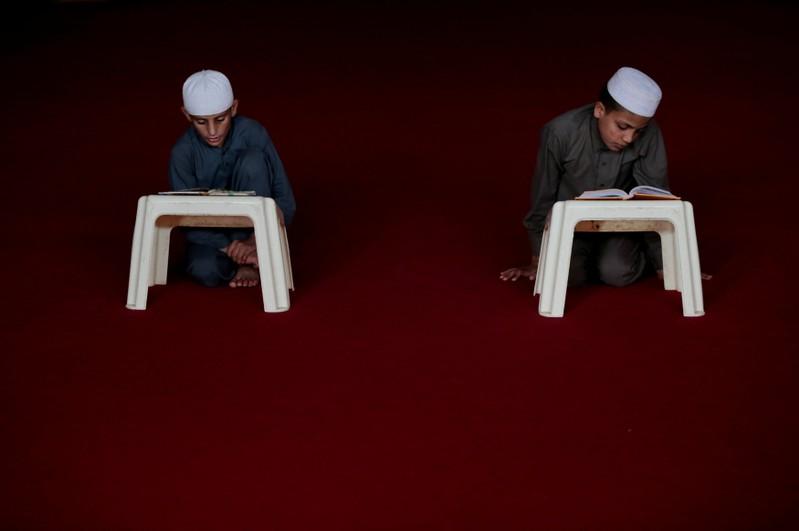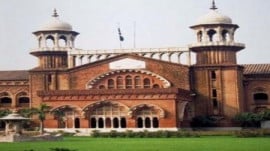
The council in its meeting on Monday was also briefed by the National Counter Terrorism Authority (Nacta) on crackdown against elements spreading religious hatred and sectarianism. Federal Minister for Religious Affairs Noorul Haq Qadri presided over the meeting.
Ulema and Mashaikh attending the moot included Mufti Muneebur Rehman, Dr Raghib Hussain Naeemi, Maulana Abdul Malik and Senator Sajid Mir. Auqaf Director General Dr Tahir Raza Bukhari and Federal Secretary for Religious Affairs Mushtaq Ahmed were also present.
In his address on the occasion, Qadri said the aims of the council reflected ‘our religious and national goals’. “The council has proved to be of immense importance for Pakistan,” he said, adding that sectarian chaos had dented the entire Muslim community.
“Our biggest aim is to remove the strife among different schools of thought. There is a need to reform the religious seminaries and our ministry would serve as a bridge in this regard. The council members must be made aware of responsibility towards planation in the 10 billion trees project,” he said.
The federal minister announced that Dawat-e-Islami had set a target to plant 1 billion trees in the country. He also urged madrasas to contribute their due share.
Ulema agree to seven-point Code for Muharram
During the meeting, Nacta officials presented statistics on operations against elements spreading religious hatred. The meeting was informed that as many as 25,417 cases were registered against the perpetrators of hate crime and over 26,800 arrests were made. In addition, 70 hideouts belonging to extremist elements were sealed.
A board for unity of ulema has also been set up in Punjab, Nacta officials told the meeting, adding that Nacta is ready to support establishment of similar boards in other provinces. They called for all the boards to be governed under the Federal Ministry for Religious Affairs.
On the other side, Senator Sajid Mir opposed merger of the Milli Yakjehti Council with the National Ulema and Mashaikh Council. He argued that the former was doing a tremendous job and it had its own objectives.
At the end of the meeting, the federal secretary for religious affairs presented a joint declaration according to which ulema boards would be established at the provincial level. It is also decided that delegates from the National Ulema and Mashaikh Council would regularly visit religious seminaries.
In addition, the word ‘minorities’ would be replaced by the term ‘non-Muslims’ while efforts would be made to give legal status to the council. The council would also play its role in the federal government’s plantation drive.








1732617223-0/Untitled-design-(69)1732617223-0-270x192.webp)

1732622842-0/Express-Tribune-(9)1732622842-0-270x192.webp)






COMMENTS
Comments are moderated and generally will be posted if they are on-topic and not abusive.
For more information, please see our Comments FAQ